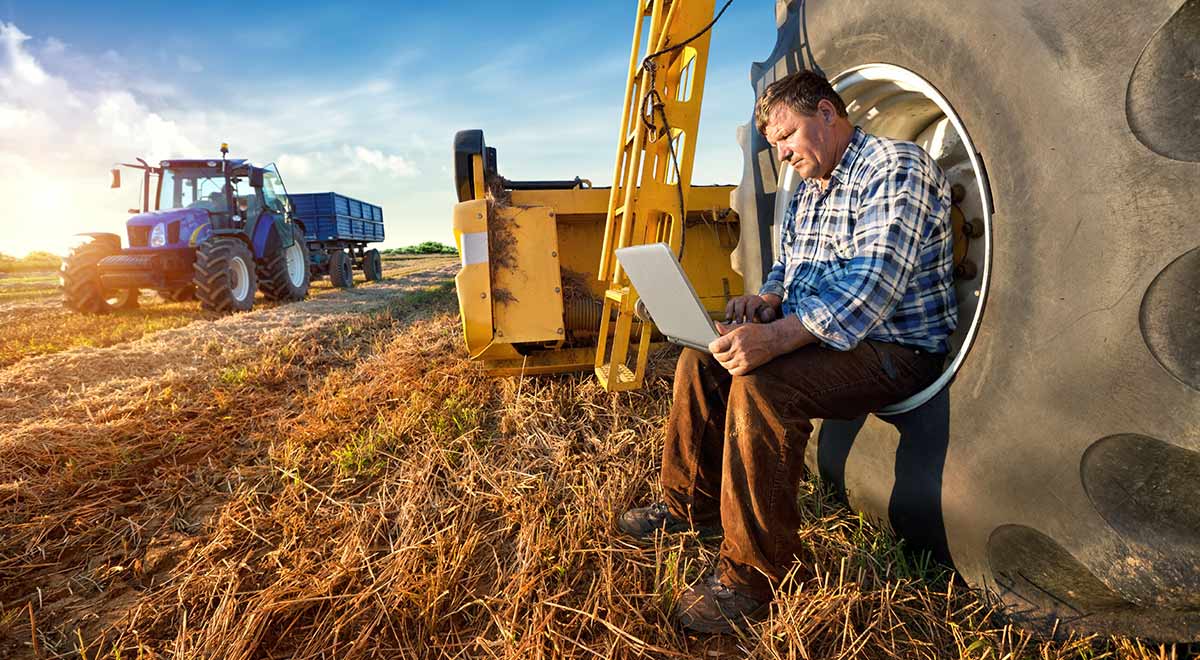
Image Source: Google
In the world of agriculture, success is not just defined by the quantity of crops harvested but also by the sustainability and resilience of the process. Sustainable agriculture practices focus on maximizing productivity while minimizing negative environmental impacts and ensuring the long-term viability of the land.
One crucial aspect of sustainable agriculture is risk management. By effectively managing risks, farmers can protect their operations from potential threats and uncertainties, ensuring a steady and successful harvest year after year. You can also visit this link if you need more information about the best agriculture risk management.
The Importance of Risk Management in Agriculture
Risk management in agriculture involves identifying, assessing, and prioritizing potential risks that could impact the success of a farming operation. These risks can come in various forms, including weather-related events, market fluctuations, pests and diseases, and policy changes. By understanding and preparing for these risks, farmers can mitigate their impact and ensure the sustainability of their operations.
Benefits of Effective Risk Management
- Protecting the farm's financial stability
- Ensuring a steady food supply for the population
- Minimizing negative environmental impacts
- Building resilience against changing conditions
Strategies for Sustainable Agriculture Risk Management
There are several key strategies that farmers can employ to effectively manage risks and enhance the sustainability of their operations.
Diversification
One of the most effective ways to manage risk in agriculture is through diversification. By growing a variety of crops or raising multiple types of livestock, farmers can spread their risk and minimize the impact of potential threats. Diversification can also help farms adapt to changing market conditions and consumer preferences.
Insurance
Insurance is another important tool for managing risk in agriculture. Crop insurance, in particular, can help protect farmers from the financial losses incurred due to crop failures, extreme weather events, or other unforeseen circumstances. By having the right insurance coverage in place, farmers can mitigate the financial risks associated with farming.
Technology Adoption
Advancements in technology have revolutionized the way farming is done, offering new tools and techniques to help farmers manage risks more effectively. Precision agriculture, for example, uses data and analytics to optimize farming practices, improve crop yields, and reduce input costs. By adopting technology-driven solutions, farmers can enhance their risk management capabilities and increase the sustainability of their operations.
Sustainable Practices
Implementing sustainable agriculture practices is another key aspect of risk management. Practices such as conservation tillage, cover cropping, and integrated pest management can help improve soil health, reduce erosion, and minimize the need for chemical inputs. By prioritizing sustainability, farmers can build a more resilient and productive operation that is better equipped to withstand risks and uncertainties.
Challenges in Sustainable Agriculture Risk Management
While effective risk management is crucial for the long-term success of a farming operation, there are several challenges that farmers may face in implementing sustainable agriculture practices.
Cost
Adopting sustainable agriculture practices and investing in risk management strategies can be costly for farmers, especially small-scale producers with limited resources. Finding ways to make these practices more affordable and accessible is essential for widespread adoption.
Knowledge and Training
Understanding the complexities of risk management and sustainable agriculture practices requires specialized knowledge and training. Providing education and support to farmers can help bridge this knowledge gap and empower them to make informed decisions for their operations.
Climate Change
Climate change poses a significant threat to agriculture, increasing the frequency and severity of extreme weather events such as droughts, floods, and storms. Adapting to these changing conditions and building resilience against climate-related risks is a major challenge for farmers.
Conclusion
Harvesting success in agriculture requires more than just a bountiful crop yield—it necessitates a holistic approach to risk management and sustainability. By implementing strategies such as diversification, insurance, technology adoption, and sustainable practices, farmers can protect their operations from potential threats and uncertainties, ensuring a steady and successful harvest for years to come.
